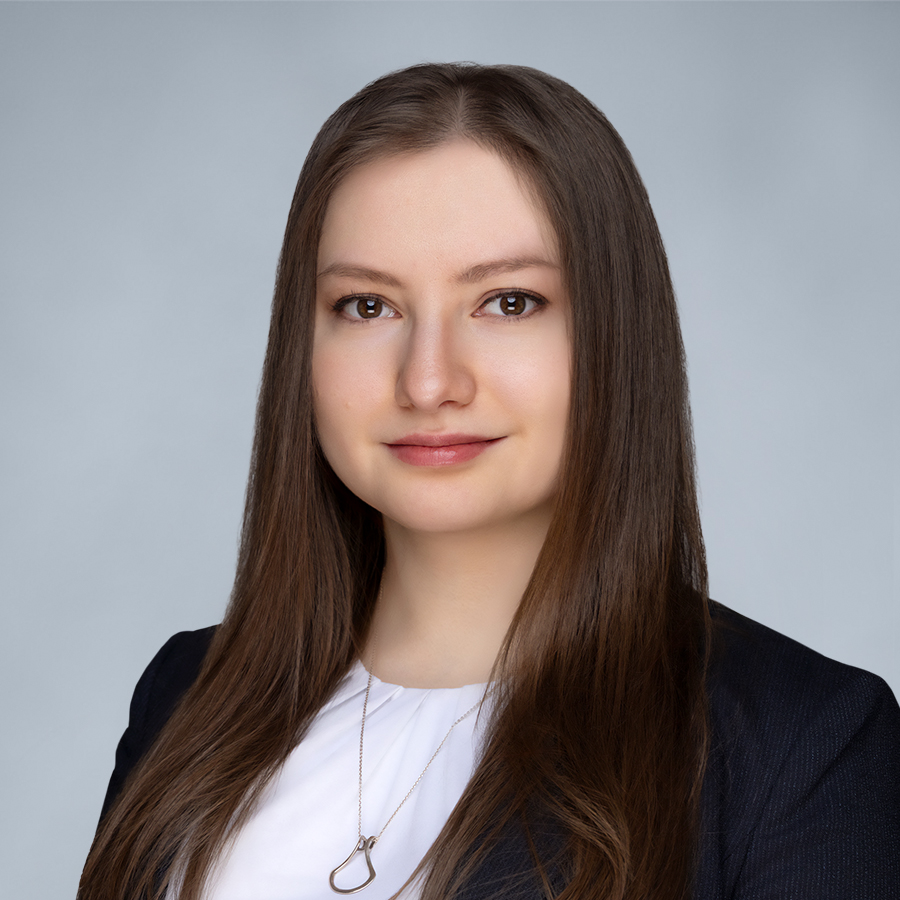As we age, the tissues holding the lower eyelids in place begin to loosen. This can be caused by trauma, surgery, medication side effects, and certain medical conditions including sleep apnea, skin cancer and Bells palsy.
It can worsen with rubbing, smoking and side or face sleeping. This can lead to an eyelid that droops, turns outward (called Ectropion), or turns inward (called Entropion) toward the eye.
A poorly positioned lower eyelid can lead to irritation, tearing and even damage of the ocular surface and may need repair. As board certified ophthalmologists fellowship trained in oculoplastic surgery, Drs. Garibaldi and Wong are best suited to diagnose and treat ectropion and entropion.
Ectropion
Ectropion occurs when the lower eyelid turns outward and no longer hugs the surface of the eye.
The cornea can become irritated, scratched or even scarred, affecting the quality of your vision.
Finally, the tear duct can turn away from the tear lake as the lid loosens, leading to tearing. Ectropion can affect one or both of the lower eyelids.
Causes of ectropion
- Relaxation of eyelid tissues due to aging
- Chronic rubbing during the day or while sleeping
- Skin damage from sun and/or smoking
- Skin cancer
- Trauma
- Prior Eyelid or Facial Surgery
- Facial nerve palsy
Symptoms of ectropion
- Excessive tearing
- Mucus discharge
- Ocular surface irritation and itching
- Sagging skin around the eye
- Impaired vision
- Redness
- Sensitivity to light and wind
Treatment and management of ectropion
Artificial tears and lubricating ointments can be used to moisten the ocular surface to provide some relief.
However, when symptoms do not respond to simple measures or if corneal scarring becomes a concern, surgery will be recommended to address ectropion.
Drs. Garibaldi and Wong will perform a detailed evaluation at your initial consult to determine a proper course of treatment and schedule any necessary repair.
Entropion
Entropion occurs when the lower eyelid and eyelashes turn inward towards the eye causing the eyelid and lashes to rub against the cornea and conjunctiva. This can lead to severe ocular surface irritation and early corneal scarring. As corneal scarring can lead to vision loss, surgical correction of entropion is generally recommended.
Causes of entropion
- Relaxation of eyelid tissues due to aging
- Chronic rubbing during the day or while sleeping
- Scarring on the inner surface of the eyelid
- Trauma
- Eyelid or facial surgery for cosmetic or functional concerns
Symptoms of entropion
- Excessive tearing
- Mucus discharge
- Ocular surface irritation and itching
- Impaired vision
- Redness
- Sensitivity to light and wind
Treatment and management of entropion
As with ectropion, artificial tears and lubricating ointments can be used to moisten the ocular surface to provide some temporary relief. Alternatively, tape or sutures can be used to reposition the eyelid and protect the eye temporarily. If entropion does not resolve quickly, Drs. Garibaldi and Wong will recommend a surgical plan to repair the eyelid position and protect your ocular surface.
If you believe you are experiencing eyelid malposition, it is best to see your eye care physician immediately for a diagnosis and treatment plan. Call OCLI today at 1-866-SEE-OCLI for your consultation.
Reviewed by Daniel Garibaldi, MD, FACS







